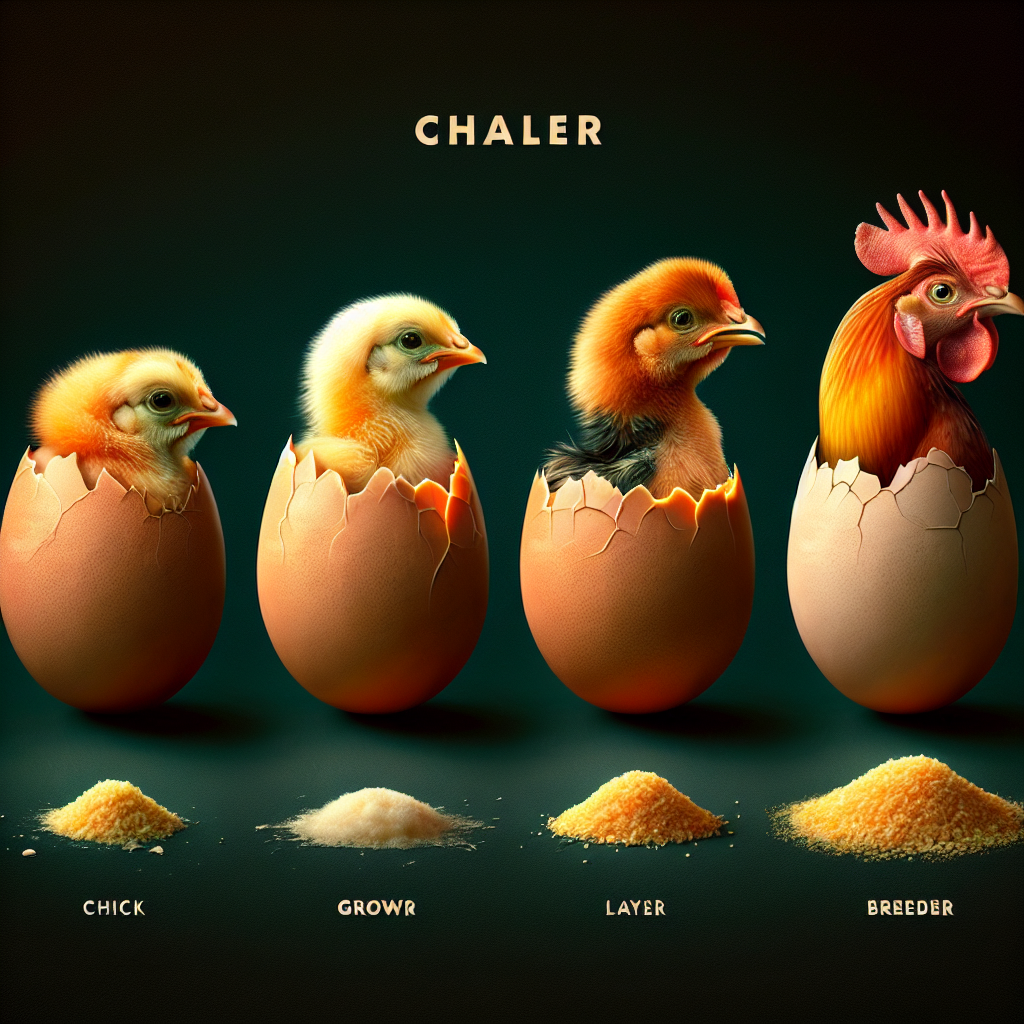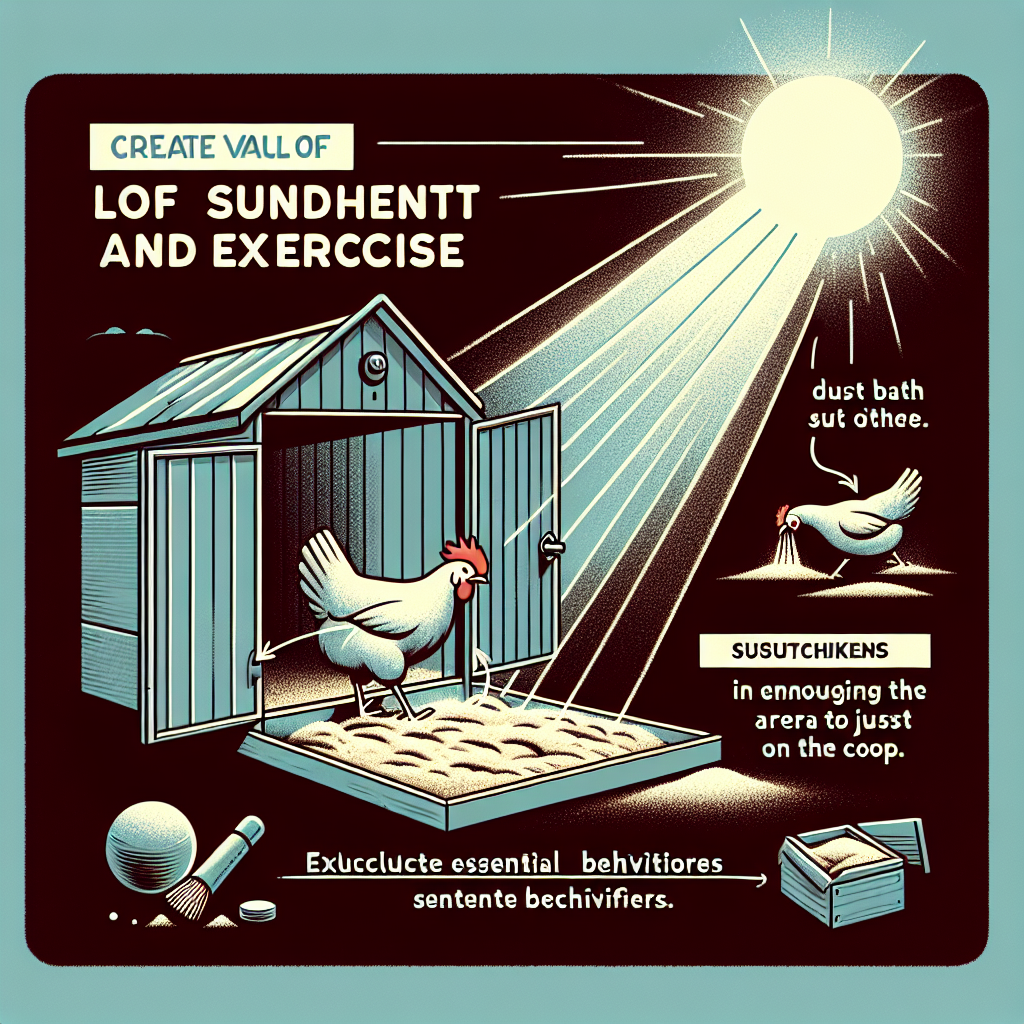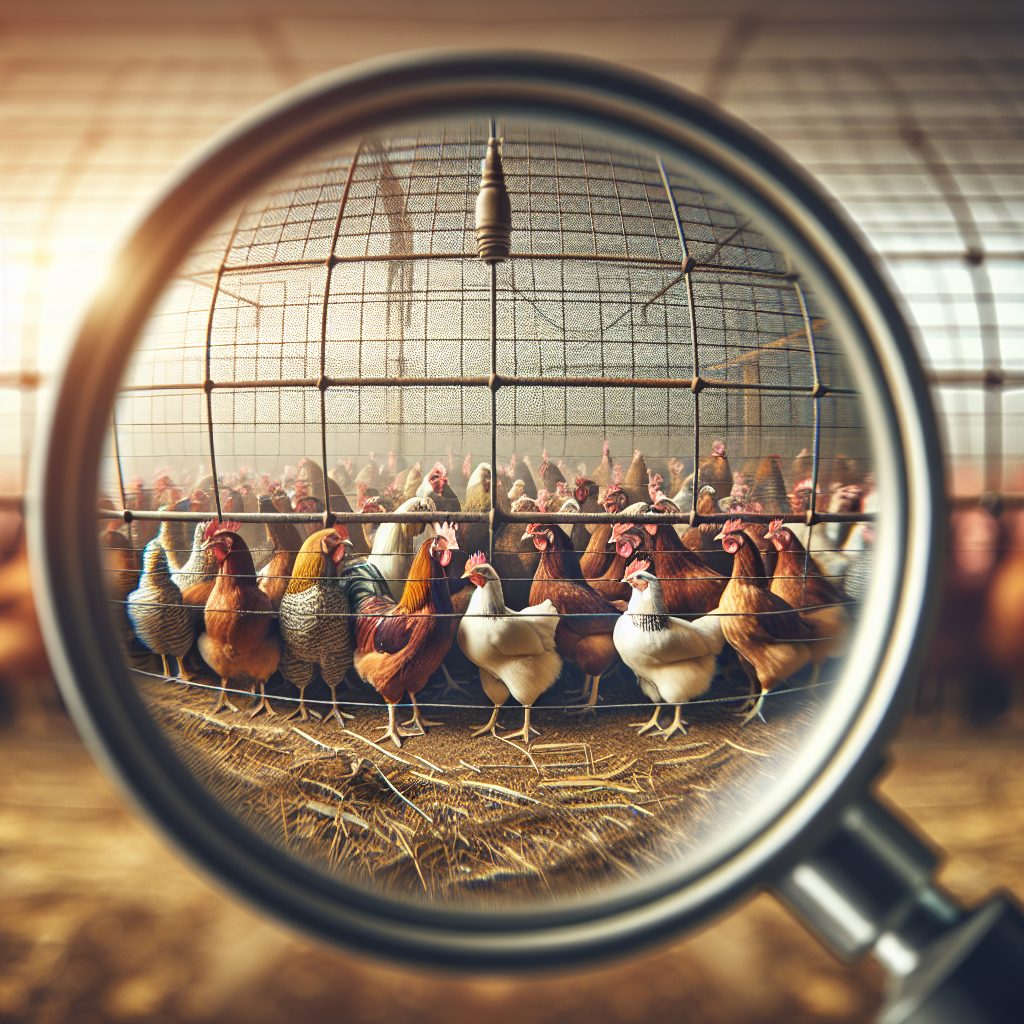In this article, we will explore the fascinating topic of how dietary requirements vary for different stages of a chicken’s life. From the beginning stages of a chick’s development to the mature stages of a fully grown chicken, understanding their changing nutritional needs is crucial for their overall health and well-being. Join us as we delve into the intricacies of a chicken’s dietary journey, providing valuable insights for chicken owners and enthusiasts alike.
Dietary Requirements for Different Stages of a Chicken’s Life
Introduction
Raising chickens can be a rewarding experience, whether you’re raising them for their eggs or meat. As with any living creature, the nutritional needs of chickens change as they go through different stages of life. Understanding these dietary requirements is essential for ensuring the health and well-being of your flock. In this article, we will explore the dietary requirements for each stage of a chicken’s life, from the chick stage to the breeder stage.
1. Chick Stage
The chick stage is the beginning of a chicken’s life and is crucial for its growth and development. During this stage, the nutritional needs of chicks are very specific and must be met to ensure their proper growth.
1.1 Hatchling Nutrition
When chicks hatch, they receive vital nutrients from the yolk sac attached to their body. This yolk sac provides them with sufficient nutrients for their initial hours or even days of life. It is important to allow the chicks to fully absorb the yolk sac before feeding them further.
1.2 Transition to Starter Feed
After the yolk sac has been absorbed, it is time to transition the chicks to starter feed. Starter feed is specially formulated to meet the nutritional needs of growing chicks. It is essential to choose a high-quality starter feed that contains essential nutrients such as proteins, vitamins, and minerals.
1.3 Nutritional Requirements
During the chick stage, the nutritional requirements include high levels of protein to support growth, vitamins for optimal health, and minerals like calcium for bone development. It is important to provide clean water at all times to keep the chicks hydrated and aid in digestion.
2. Grower Stage
Once the chicks have grown into juveniles, they enter the grower stage. During this stage, their nutritional requirements change as they continue to develop.
2.1 Transition to Grower Feed
To meet the changing needs of growing chickens, it is important to transition them from starter feed to grower feed once they reach a certain age or size. Grower feed has a different nutrient composition than starter feed and is designed to promote healthy growth.
2.2 Nutrient Balance
In the grower stage, the emphasis shifts from rapid growth to maintaining a balanced diet. Protein content is still important, but the overall nutrient balance becomes crucial. A balanced diet ensures proper muscle development, strong bones, and a healthy immune system.
3. Layer Stage
The layer stage is when chickens begin to produce eggs. This phase requires specific nutritional considerations to support optimal egg production.
3.1 Transition to Layer Feed
When hens reach the point of lay, it is time to transition them from grower feed to layer feed. Layer feed contains higher levels of calcium to support the production of strong eggshells.
3.2 Protein and Calcium Requirements
Chickens in the layer stage require a diet rich in protein to support egg production. The ideal protein content in layer feed is around 16-18%. Additionally, the calcium content should be between 3.5-4.5% to ensure the production of quality eggshells.
4. Broiler Stage
Broilers are chickens raised for their meat, and their nutritional needs differ from those of layers. A balanced diet is crucial to promote healthy growth and efficient meat production.
4.1 Starter and Grower Feeds
Similar to chicks, broilers start with a starter feed that is high in protein to ensure rapid growth. As they progress, they transition to a grower feed that focuses on balanced nutrition.
4.2 Finisher Feed
During the final weeks of the broiler stage, birds are usually switched to a finisher feed. Finisher feed supports weight gain, muscle development, and overall meat quality. It is essential to select a finisher feed with the right nutrient composition for optimal results.
5. Breeder Stage
Breeder chickens have unique dietary requirements to ensure reproductive health and successful breeding.
5.1 Breeder Feeds
Breeder birds should be fed a breeder feed designed specifically for their needs. These feeds contain a carefully balanced mix of nutrients to support reproductive function.
5.2 Nutritional Considerations
In addition to a balanced diet, breeders benefit from additional nutrients such as vitamins, minerals, and essential fatty acids. These nutrients help support successful mating, egg production, and overall reproductive health.
6. Conclusion
Understanding the varying dietary requirements for different stages of a chicken’s life is crucial for their overall health, growth, and production. From the chick stage to the breeder stage, providing the right balance of nutrients ensures optimal development, proper egg production, and healthy meat growth. By meeting these dietary needs, you can ensure the well-being and productivity of your flock, leading to happy and healthy chickens.




